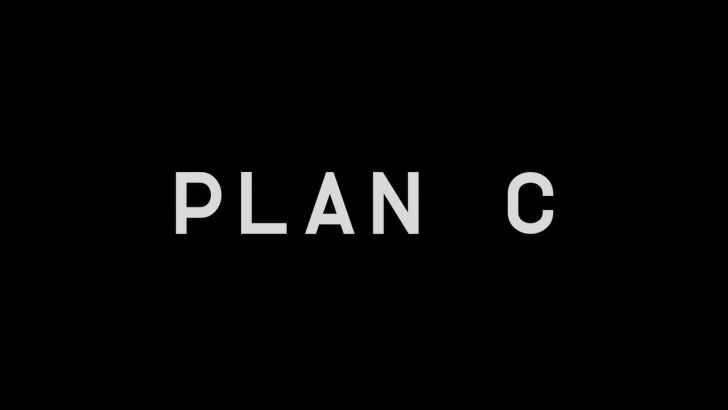The Supreme Court should watch this documentary right now
Must-see "PLAN C" documents what happened to abortion access between 2020 and 2022
The Supreme Court should watch this documentary right now. I mean it, don’t skip the clip:
Filmed over four years, director Tracy Droz Tragos’s must-see “PLAN C“ premiered at last year’s Sundance Film Festival. So why write about it now?
Because the Supreme Court heard oral arguments yesterday in yet another reproductive rights case about women’s health care decisions.
Tragos and I texted each other Monday night. She called the Supreme Court hearing:
“…an unfounded challenge to a medication that is safer than Tylenol—legal in over 90 countries and for over 20 years FDA approved in ours. Mifepristone is on the WHO’s list of essential medications. And yet, in 2024, this hearing considers adding extreme and unwarranted restrictions on it—not because it is unsafe—but because of its intended use.
Thankfully, there are brave people organizing and working to share information and provide access, despite all. And that work is ongoing in all 50 states.
I hope audiences who see PLAN C will take heart.”
Here’s the thing: if it really wants to understand how medication abortion works and why it is so safe, the Court should watch “PLAN C” and then hold their post-oral arguments conference.
Significantly, when filming began on “PLAN C” there was still a constitutional right to abortion in all 50 states. Even so, the pandemic seriously curtailed abortion services, which were deemed non-essential.
But since the Court overturned Roe v. Wade in 2022, “PLAN C” is a much more urgent, prescient movie. In other words, the ongoing public health emergency created by the Supreme Court need not worsen.
No one knows this better than the three co-founders of Plan C the the organization: Amy Merrill, Elisa Wells, and Francine Coeytaux, public health experts all.
While the film tells the story of many notable public health activists, it focuses on Coeytaux, whose incredible commitment to PLAN C’s mission and vision is truly remarkable.
In fact, PLAN C’s mission is now within reach: “transforming access to abortion in the US by normalizing the self-directed option of abortion pills by mail.”
In a country where over half of terminated pregnancies occur this way, not only has self-managed abortion been normalized, but the Court always lags behind the rest of society.
I’m not saying the male majority on the Court is slow. I am saying I’ve been slow to dismiss this laggard’s face:
Nevertheless, PLAN C’s vision for “a near future in which the ability to end an early pregnancy is directly in the hands of anyone who seeks it” is also close at hand.
After Alabama’s Supreme Court embarrassed itself last month by proclaiming frozen embryos “extrauterine children,” the state’s Republican governor backtracked in lockstep with the backlash.
Clearly the U.S. Supreme Court did itself no favors in the Dobbs decision that overturned Roe. By terminating a woman’s right to choose, the Court simply empowered pro-choice voter turn-out at the polls.
Until a legitimate court resurrects Roe, it’s the morning after the morning after. Obviously, I hope Kavanaugh and company come to their senses. Either way, women will have the final say no matter how the Court rules in the abortion pill case later this year.



